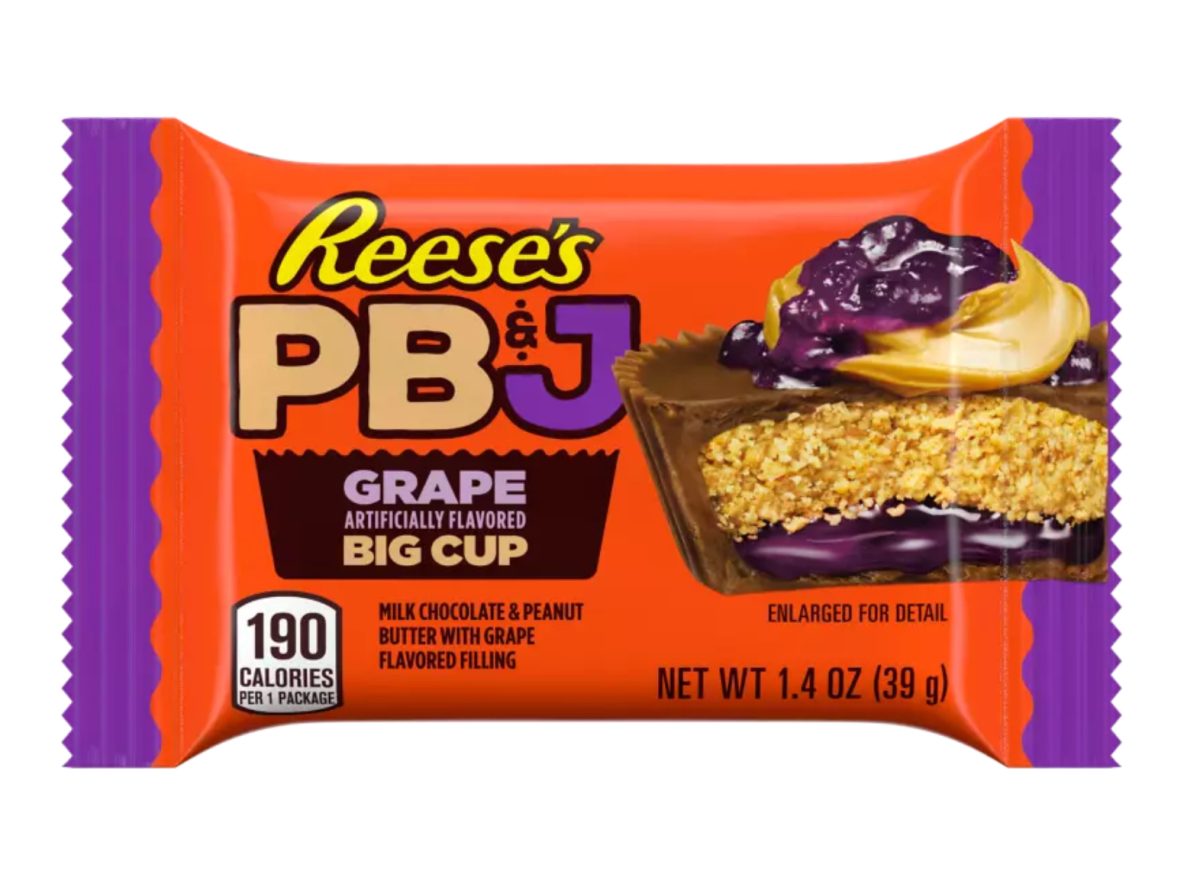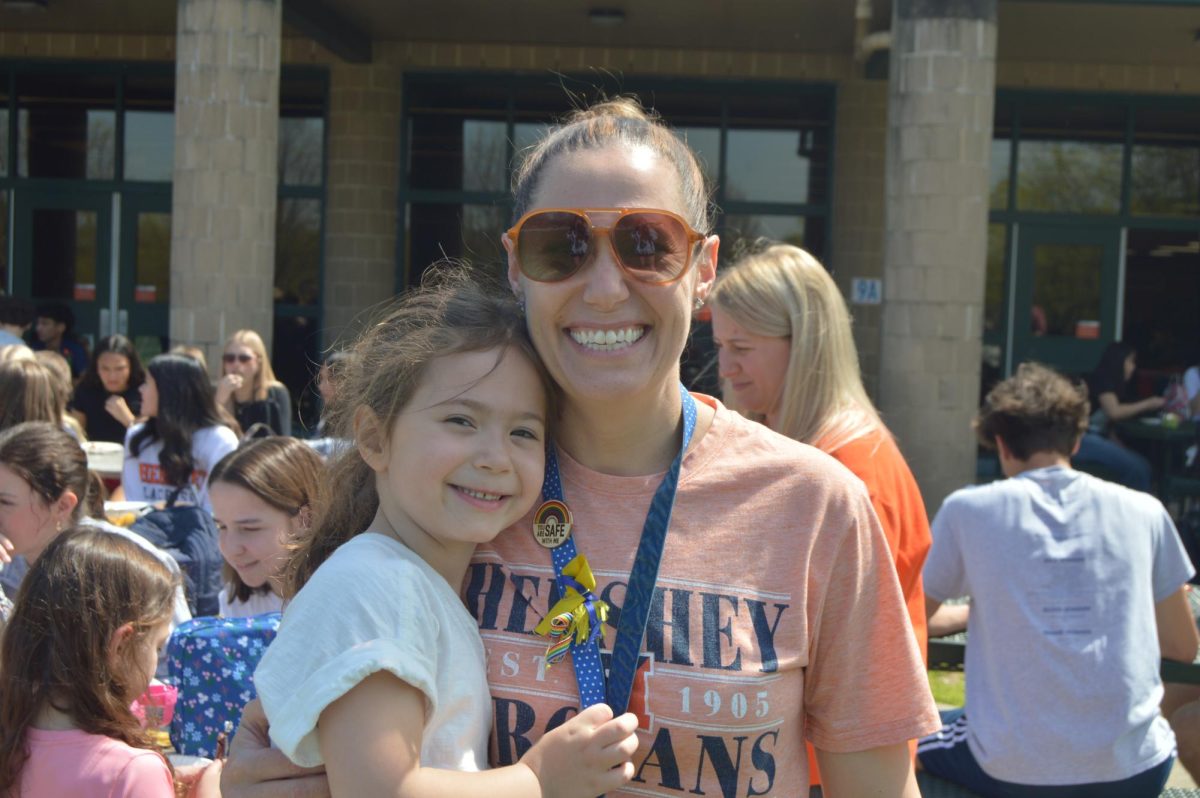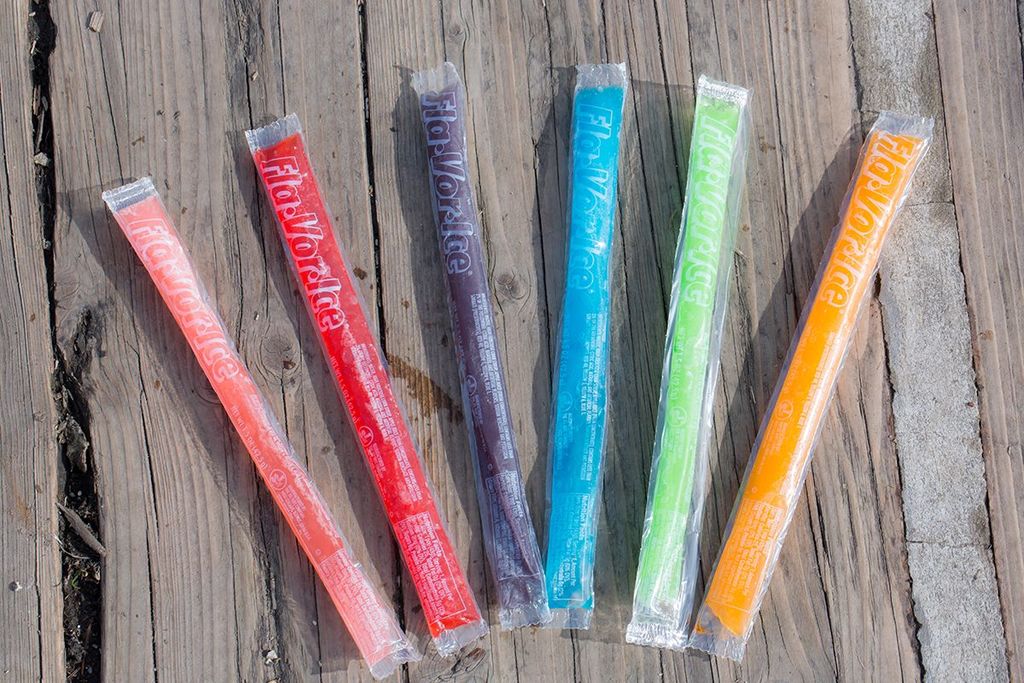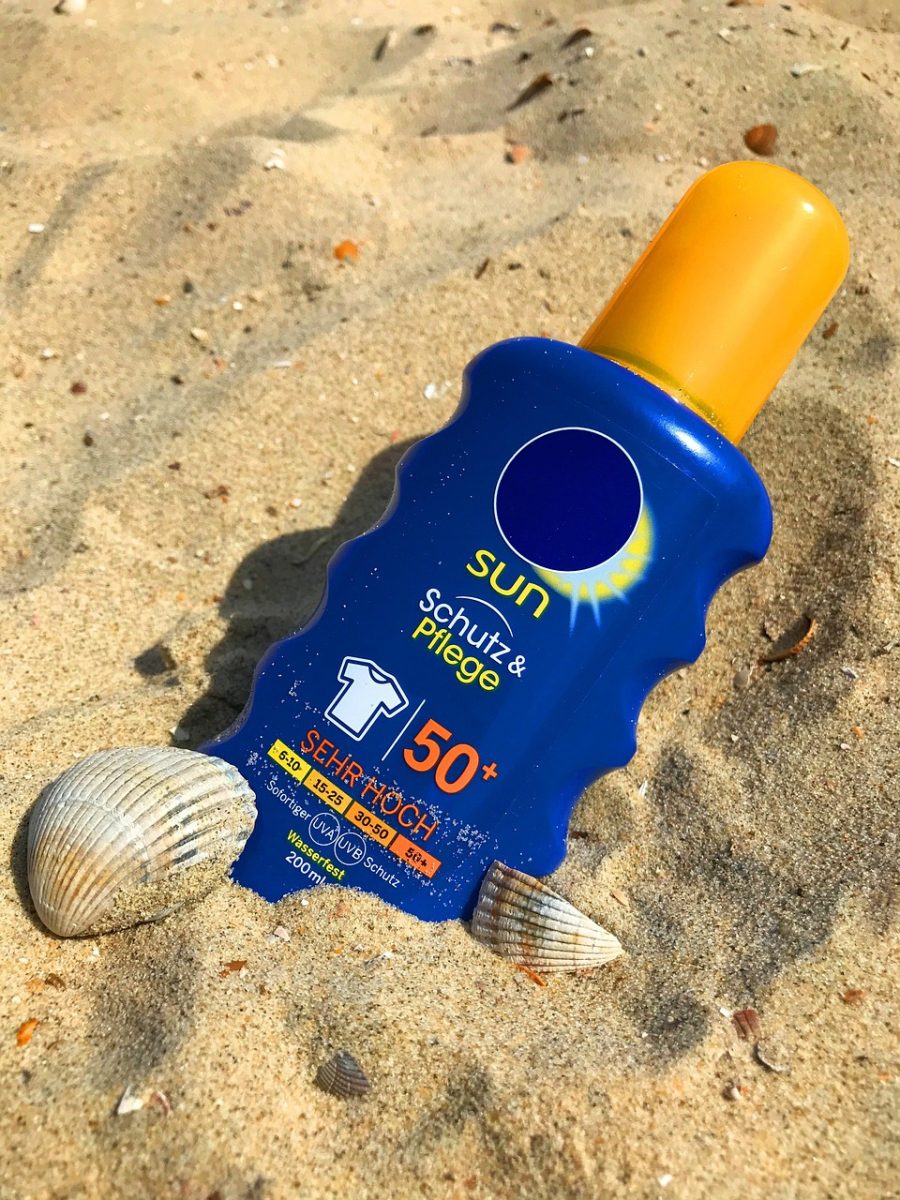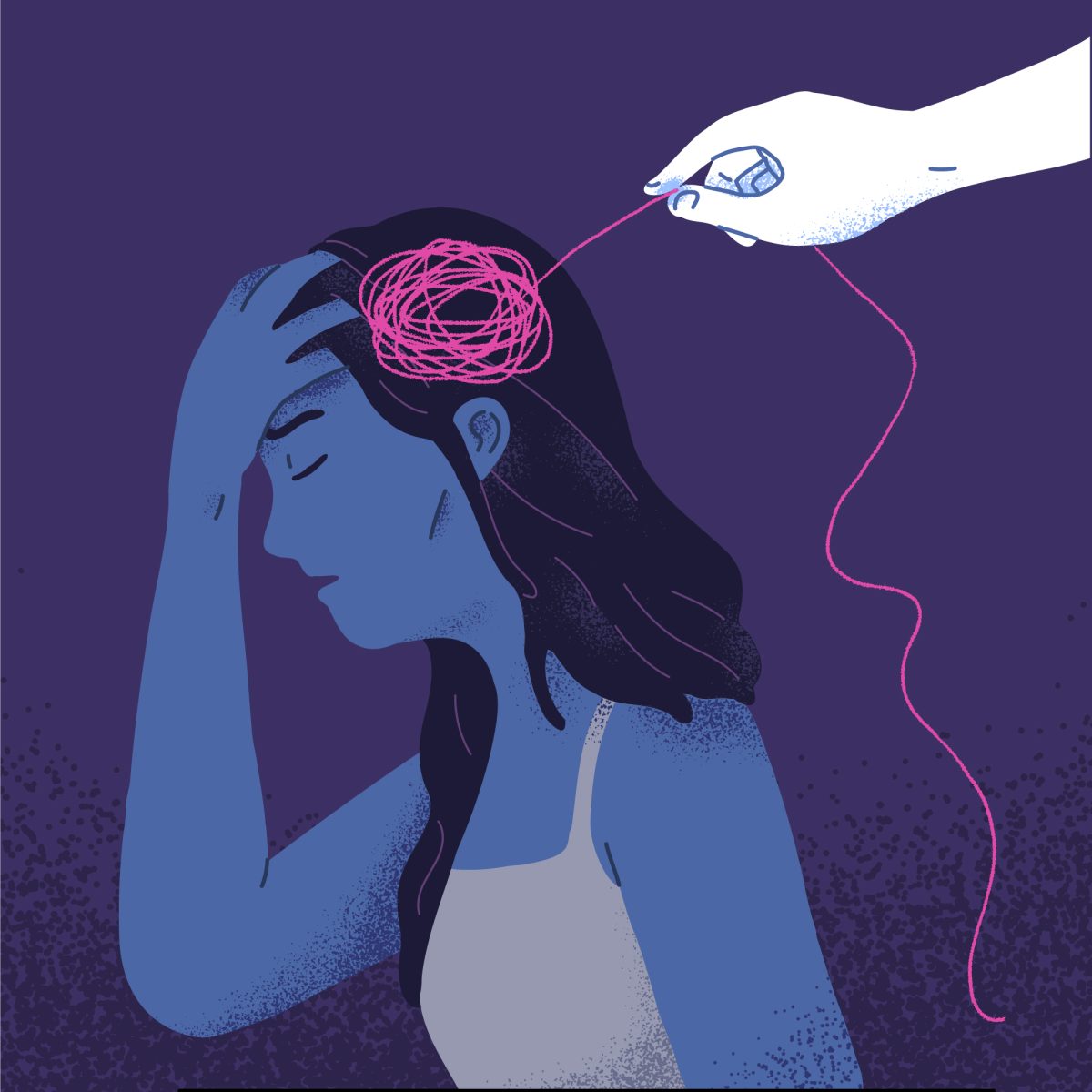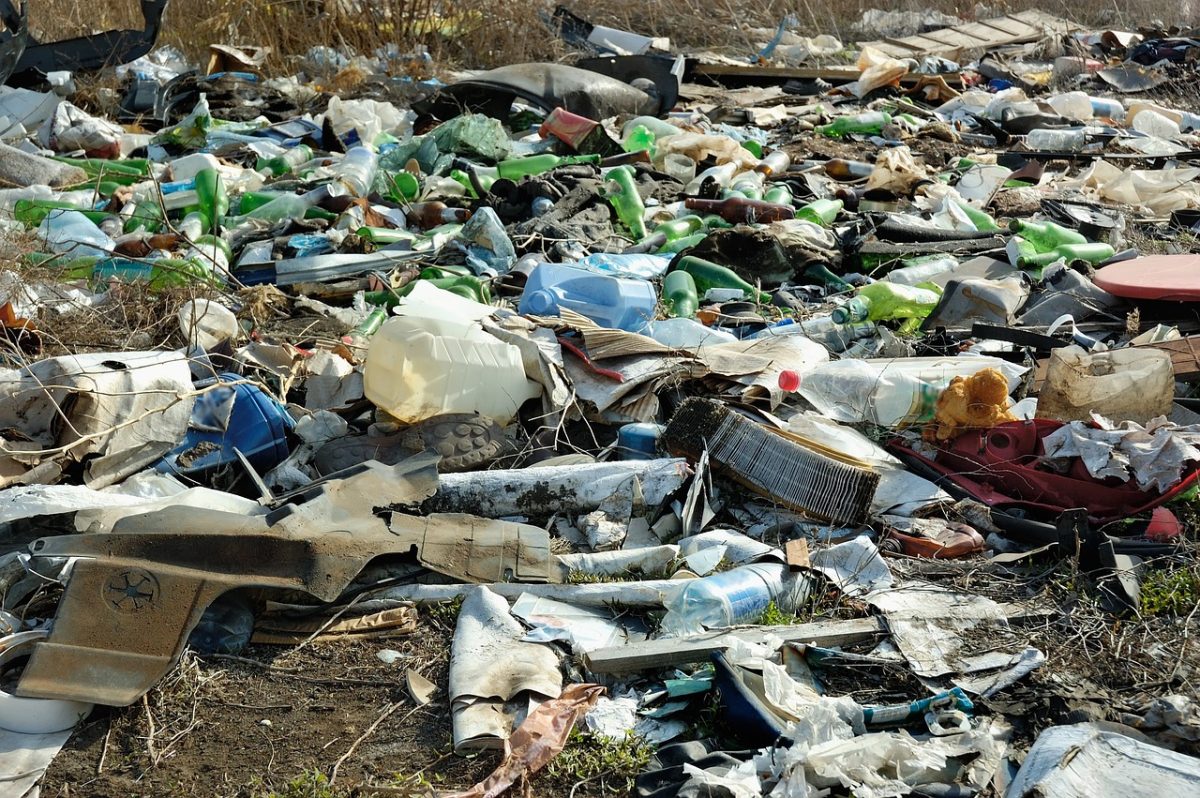By: Irene Ciocirlan
If Hershey High School nurse Tara Blackburn were to ever have to save a student’s life, she would know where to look.
Narcan, a fast working drug that can stop overdoses, was introduced to HHS in February. Any high school in the United States can now get an emergency opioid carton with two doses free of charge to have it in case of an overdose. Narcan, which can also be referred to as Naloxone, is a non-addictive, non toxic drug that is easy to administer. It treats opioid overdoses, from powerful prescription pills like Vicodin to Schedule 1 drugs like heroin.
The U.S. Food and Drug Administration approved this nasal-spray version of naloxone in November, according to the Huffington Post. Since then, it has spread all across U.S. high schools. It can be found in the HHS nurse’s office in the medical cart, along with an EpiPen and life support technology.
Officer Mary Kepple, a police officer for Derry Township Police Department and a parole officer at HHS, said that Narcan is also supplied in police cars, ambulances, the ER, and at the police station. DTPD has had this drug since summer of 2015.
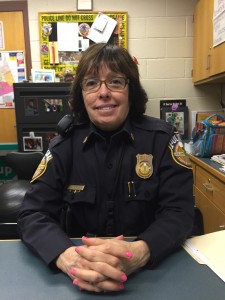
So how does this drug work? According to Blackburn, it is sprayed up the nose using an attached nasal plug, formally named the Nasal Atomization Device. It has an immediate effect in 3-5 minutes. Blackburn has been trained to follow the protocol but hasn’t had to use it yet in her nursing career. “We’re just happy to have it in stock in case there’s an emergency,” said Blackburn.
Pennsylvania has had a rapid increase of drug related deaths in the past few years. According to Kepple, approximately 2,400 Pennsylvanians died from a drug overdose in 2013. Before Narcan was introduced, schools and first responders had to use a much slower method. First, trained officials would check to see if the person is unresponsive. If so, they would perform Cardiopulmonary Resuscitation (CPR) and call 911. Blackburn said that while this would help, it wouldn’t completely reverse the effects of the opioid in their nervous system. Narcan not only works much faster than the former method, it also can completely save lives if the protocol is followed correctly.
In Dauphin County, the most common drug that people overdose on is heroin. According to Kepple, people use heroin because it is cheaper than other opioids and is easier to get. For most painkillers, a prescription is needed. “Heroin addiction often starts with pills prescribed from the doctor because people like the high and want more,” said Kepple. Another factor is that heroin is much cheaper than prescription painkillers. Heroin addiction is most prominent in poverty-stricken areas in cities, according to Blackburn.
According to Kepple, since police started carrying life-saving drug kits with Narcan, 289 overdoses were reversed in September of 2015 in PA. These lives would not have been saved had it not been for Narcan. Even more impressive, over 600 overdoses were reversed as of March 2016.
The main aspect of this is that Narcan was available, but there are many other aspects that play a big part. In 2014, Act 139 was passed. This act enables first responders to administer Narcan to individuals experiencing an opioid overdose. It also protects bystanders and people who overdose from getting arrested. For example, if a person is at a party and someone there overdoses, that person who calls to report it won’t get in trouble, according to Kepple. The person who overdoses is also free of any charges.
“Hopefully that message stays with people,” Kepple said, “so they want to call 911 and save their friends.”


